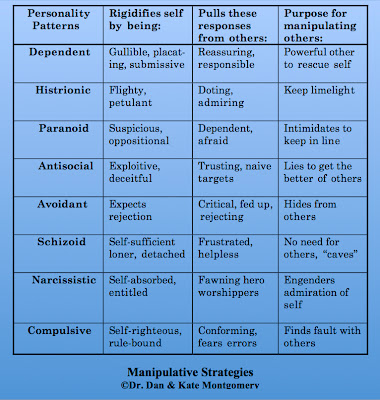In the Old Testament the Lord reveals a good
deal of concern for both his holiness and the holiness of his people—a concern
expressed with what one might consider uncomfortable frequency.
A frequency
which the apostle Peter reinforces in the New Testament with a fair degree of
forcefulness: “But just as he who called you is holy, so be holy in all you do;
for it is written: ‘Be holy, because I am holy’” (1 Pet 1:15-17).
What is God getting at? What can he mean?
How can a person be holy like God?
And just how is God holy, for that matter?
Let us begin with
Jesus.
When Jesus
appears to his disciples after his resurrection, he blesses their hearts, declaring,
“Peace be with you!” (Jn 20:19), offering his shalom of well-being and wholeness.
Later, concerned for their physical well-being, he feeds them with fish cooked
over a charcoal fire. How does he
provide for them spiritually? Jesus breathes on them, saying, “Receive the Holy
Spirit” (Jn 20:22).
Through this
gift, Christ initiates human beings into wholeness, into holiness, into a new
creation that came into being in
Christ by his incarnation, death, and resurrection, and is actualized by the
Holy Spirit.
 |
| Help from The Holy Trinity |
So we could
conclude that, far from being left out on a limb, struggling against impossible
odds to be holy as God is holy, the Trinity really understands a person’s needs
and frailties, really takes in the impossibilities of living a holy life on
this planet without the all-out help of the holy Trinity.
But the
assistance is not unilateral. God does not accomplish it all on his side. For
Jesus consummates his call to holiness and wholeness with the challenge, “As
the Father has sent me, so I send you” (Jn 20:21). Such a challenge requires a
good deal from anyone who accepts it, for it calls on human beings to embark on
a process of holistic transformation in personality and attitude, thoughts and
feelings, as well as practices and behavior (Lk 24:38-43).
 |
| Holy Transformation |
Compass
psychotheology asserts that it is less helpful to view holiness in the Platonic
sense of an absolute quality in God’s eternal being, and more helpful to view
it as a relational dynamic that overflows from intra-Trinitarian love into
God’s relationship with people.
This means there is a compass dimension of
holiness meant to connect people to their own highest good that grows from
relating rightly to God and one another. Thus we can understand God’s holiness
as a delicate balancing act between his altruistic love (Love compass point)
and impartial justice (Assertion compass point), between his humble service
(Weakness compass point) and glorious majesty (Strength compass point).
Taken
together, these dynamic interactive qualities set God apart from both the
physical creation and from any sense of moral degradation, because his
faithfulness to his eternal consistency and wholeness endures forever.
This holiness
and sheer interpersonal health of the holy Trinity helps explain the great reversal
of the cross, through which “God made him who had no sin to be sin for us, so
that in him we might become the righteousness of God” (2 Cor 5:21). While God
finds sin abhorrent, he nevertheless took sin into himself in order to ultimately
vanquish it; that is, to dissolve sin from inside out, replacing its
insidiousness with a deeper outworking of loving power.
 |
| The Great Reversal of The Cross |
For instance,
God initially sanctifies King Saul and fills him with the Holy Spirit, but when
Saul disobeys God, the Lord sends his Spirit to torment Saul (1 Sam 16:14), and
uses Saul’s paranoid jealousy to develop holy qualities in David, so that when
David becomes king, he will rule righteously, having become a man after God’s
own heart. In this way God makes even evil serve his holiness.
When people
allow God to set them apart for his holy purposes, their lives take on a depth
dimension, for the Holy Spirit has their permission to promote personality
health, cultivate interpersonal communion, and actualize their mission on
earth.
This is
holiness and wholeness.
Hope is
offered in the words, “Be holy as I am holy,” for in contemporary exegesis they
mean, “Be well-balanced…in your whole lifestyle” (1 Pet 1:13,15; Davids,
NICNT).
For more, read:
For more, read:
 |
| Trusting in The Trinity |












